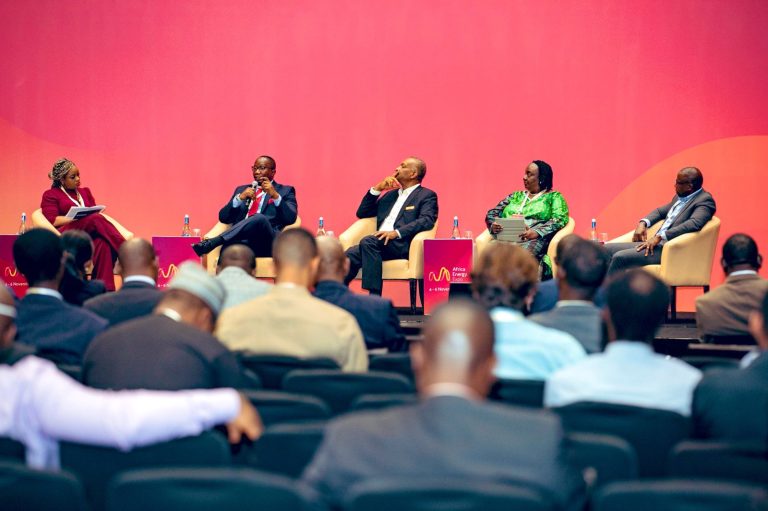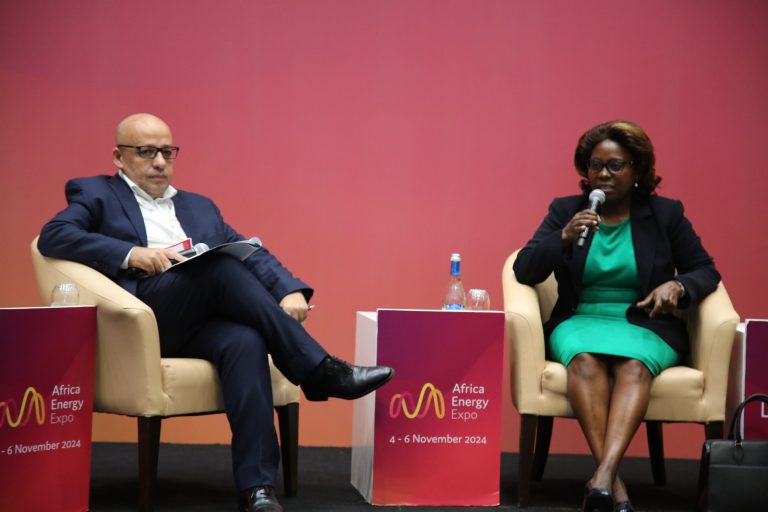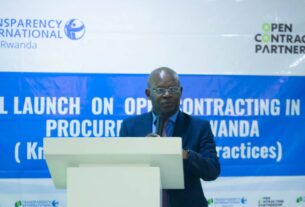The World Bank, feting the scale of the challenge, is laboriously supporting sweats to address these issues through collaborations with African governments and transnational benefactors. Njagi stressed that increased backing and long- term fiscal commitments are essential to spanning up electricity access across the mainland. She also emphasized the significance of coordinated action among governments, transnational mates, and the private sector to meet the energy requirements of the fleetly growing population.
In her commentary, Njagi refocused to Rwanda as a positive illustration of progress in the energy sector. The country has made significant strides in perfecting its energy structure, with systems similar as the Rusumo Hydroelectric Dam — a common adventure with Tanzania and Burundi — playing a crucial part in bolstering the indigenous energy force. still, Njagi advised that despite these advancements, Rwanda’s full eventuality in the energy sector remains untapped, and continued support from transnational benefactors is pivotal to icing that the country can achieve its long- term sustainable development pretensions.
While admitting the sweats made by Rwanda and other African nations, Njagi also blamed the lack of effective hookups between African governments and the private sector. She argued that similar cooperation is critical to meeting the energy demands of the growing population. “ We, as the World Bank, are engaging with governments to finance systems that will bring electricity to further people, ” Njagi stated. She noted that the energy sector’s capability to address Africa’s energy extremity depends heavily on private sector investment, invention, and moxie, which can round government sweats in spanning up energy structure and developing renewable energy results.
According to World Bank statistics, nearly 600 million people insub-Saharan Africa — roughly 43 of the population — still lack access to electricity, a figure that underscores the scale of the challenge facing the mainland. still, there’s a growing drive to change this status quo. Countries similar as Ghana, Kenya, and Rwanda have set ambitious targets to achieve 100 electricity access by 2030, aiming to bring power to pastoral and underserved communities and support the expansion of diligence and civic growth.

As the Africa Energy Expo continues over the coming many days, the urgency of addressing Africa’s energy deficiency remains a central theme. conversations at the event are poised to concentrate on crucial areas similar as renewable energy technologies, new grid structure, and sustainable energy practices. Experts are exploring innovative results similar as solar, wind, and hydropower, which hold significant pledge for furnishing affordable and clean energy to the mainland.
In addition to these conversations, the exhibit is also serving as a platform for fostering new hookups and collaborations between governments, private sector stakeholders, and transnational fiscal institutions. With numerous African countries still scuffling with energy instability, the event is seen as a vital occasion to induce fresh ideas, share stylish practices, and accelerate the transition to a greener and further sustainable energy future for Africa.
The exhibit’s conversations are particularly timely, given the adding global demand for clean energy and the need for Africa to be at the van of the renewable energy transition. As African nations continue to grow economically, the demand for energy will only increase, and securing dependable, sustainable energy sources will be pivotal for driving profitable development, perfecting health and education issues, and mollifying the impacts of climate change.
In the environment of renewable energy, one of the most burning issues is icing that energy access is both affordable and scalable. Renewable energy technologies, similar as solar and wind power, present unique openings for Africa to leapfrog traditional energy systems and achieve universal electricity access without the environmental consequences associated with reactionary energy- grounded energy. still, these technologies still face challenges related to backing, structure development, and grid integration, which must be addressed through targeted investments and policy reforms.
With the right blend of public and private sector investment, invention, and strategic hookups, Africa can overcome these challenges and produce a sustainable energy future that benefits all of its citizens. The conversations at the Africa Energy Expo are helping to chart a course for this future, with the thing of icing that all Africans have access to affordable, dependable electricity in the coming times.
The Africa Energy Expo is playing a pivotal part in shaping the future of the mainland’s energy sector. The ongoing conversations and collaborations between governments, the private sector, and transnational benefactors are vital to addressing the energy deficiency and creating a more sustainable, inclusive energy geography for Africa. As African nations continue to work towards achieving 100 electricity access by 2030, the Expo’s focus on renewable energy, grid modernization, and investment hookups is helping to lay the root for a more prosperous and energy-secure future for the mainland. The need for increased investment, stronger hookups, and effective results has noway been more critical, and the Africa Energy Expo is proving to be an important platform for driving this metamorphosis.





